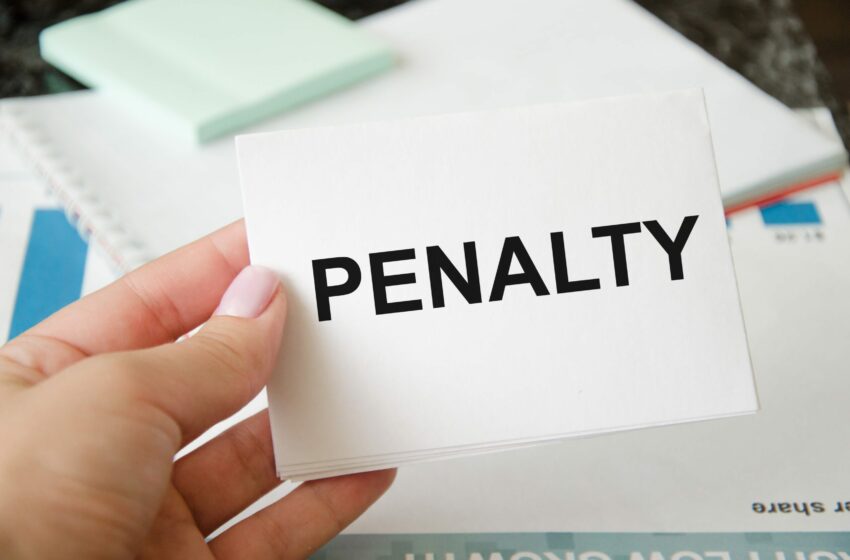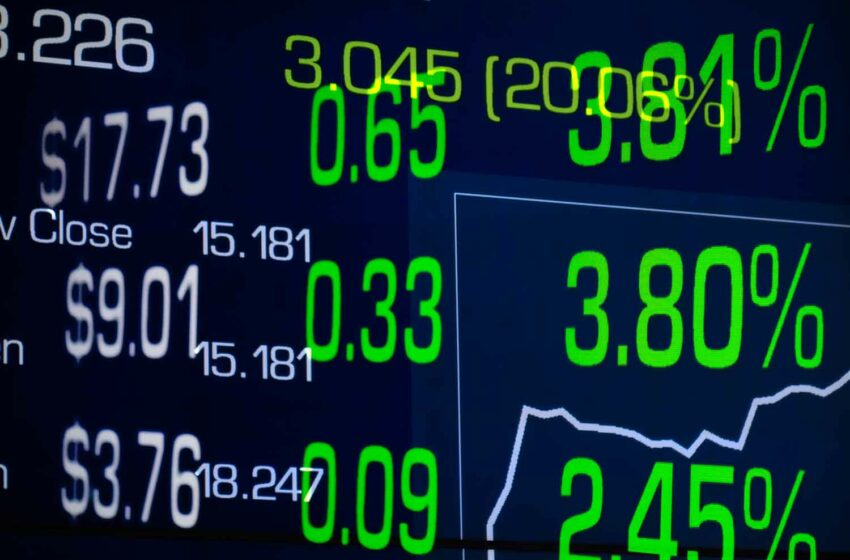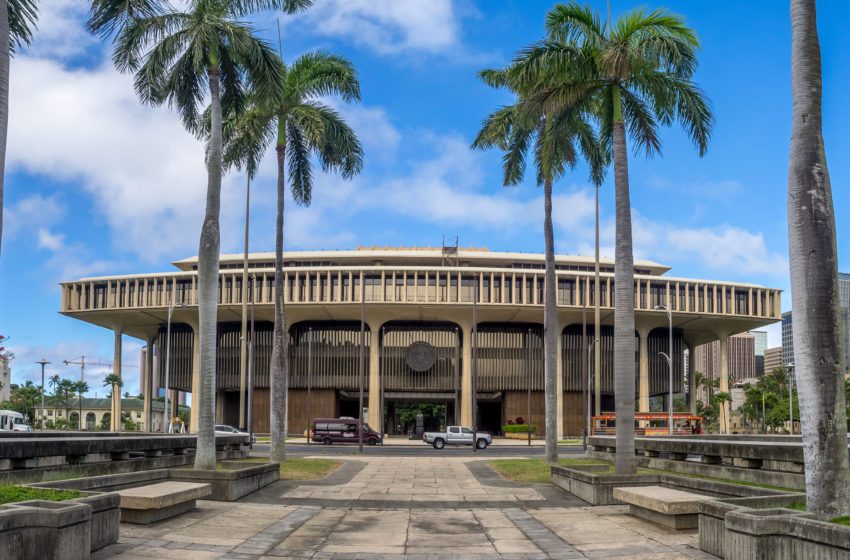
The U.S. Supreme Court may overturn a legal doctrine that according to some vapor industry advocates has allowed the Food and Drug Administration to reach beyond its legal authority, reports Reuters, citing legal scholars.
Known as Chevron deference, the doctrine calls for judges to defer to federal agency interpretations of U.S. laws that are deemed to be ambiguous. This doctrine, among the most important principles in administrative law, arose from a 1984 Supreme Court ruling involving oil company Chevron.
It is opposed by conservatives and business interests but supported by liberals who favor robust corporate regulation. Vaping activists contend that the Chevron doctrine has, among other things, enabled the FDA to essentially ban all nontobacco-flavored e-cigarettes.
The U.S. Chamber of Commerce, which represents more than 300,000 businesses, has argued that Chevron deference has let Congress “outsource core policy decisions (particularly controversial ones) to agencies through broadly worded statutes.” That has given the agencies, it added, “free rein to enact their own new regulatory requirements through sweeping rulemakings or after-the-fact enforcement actions.”
Many legal scholars expect the Supreme Court, which has a 6-3 conservative majority, to scale back or overturn the Chevron doctrine in a case in which fishing companies are seeking to avoid bearing costs associated with a government-run program to monitor for overfishing of herring off New England’s coast. The suit is part of a broader conservative project to strip away regulatory power from federal agencies.
The justices heard arguments in the case on Jan. 17 and are expected to rule on the case by the end of June.











